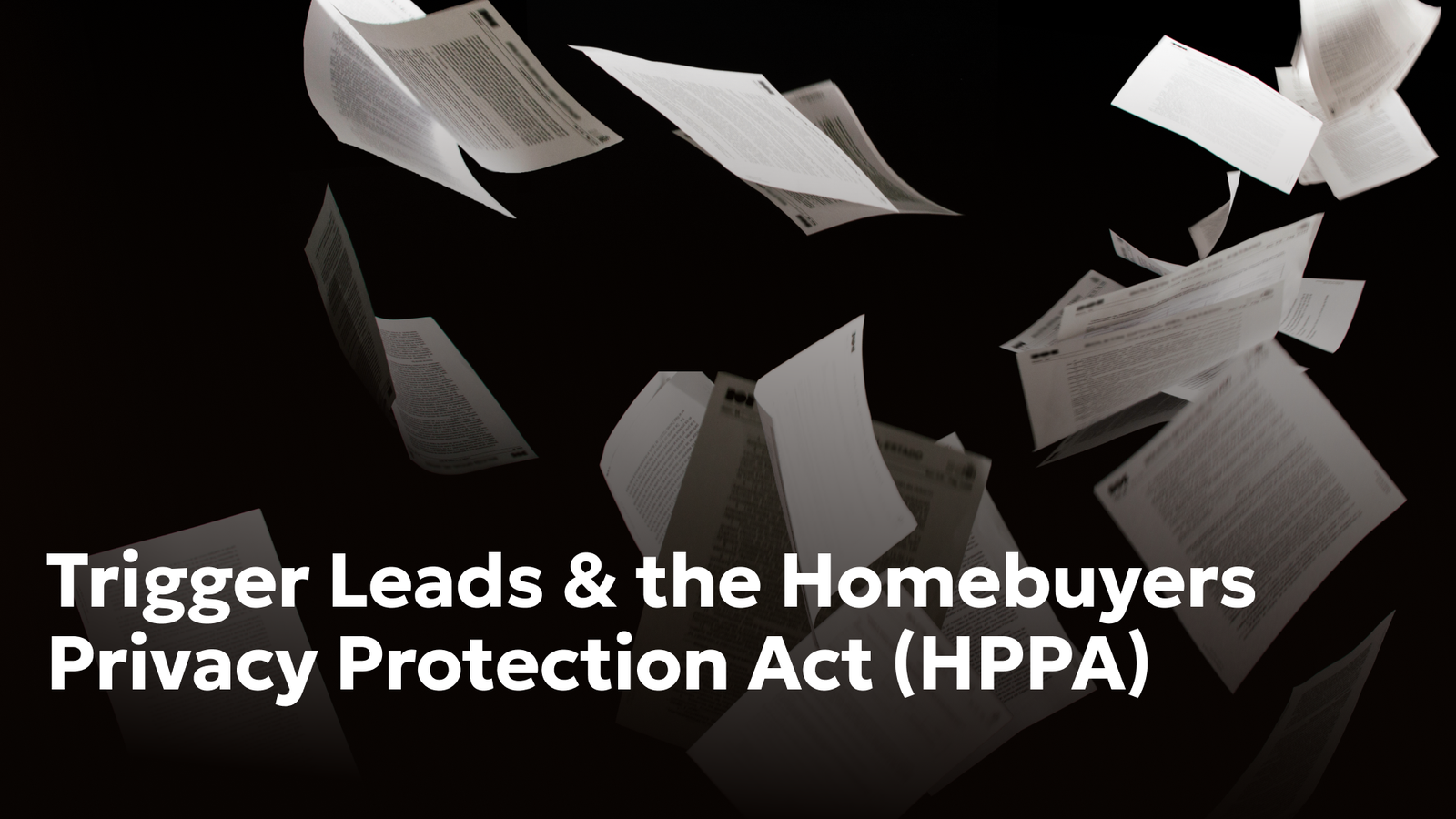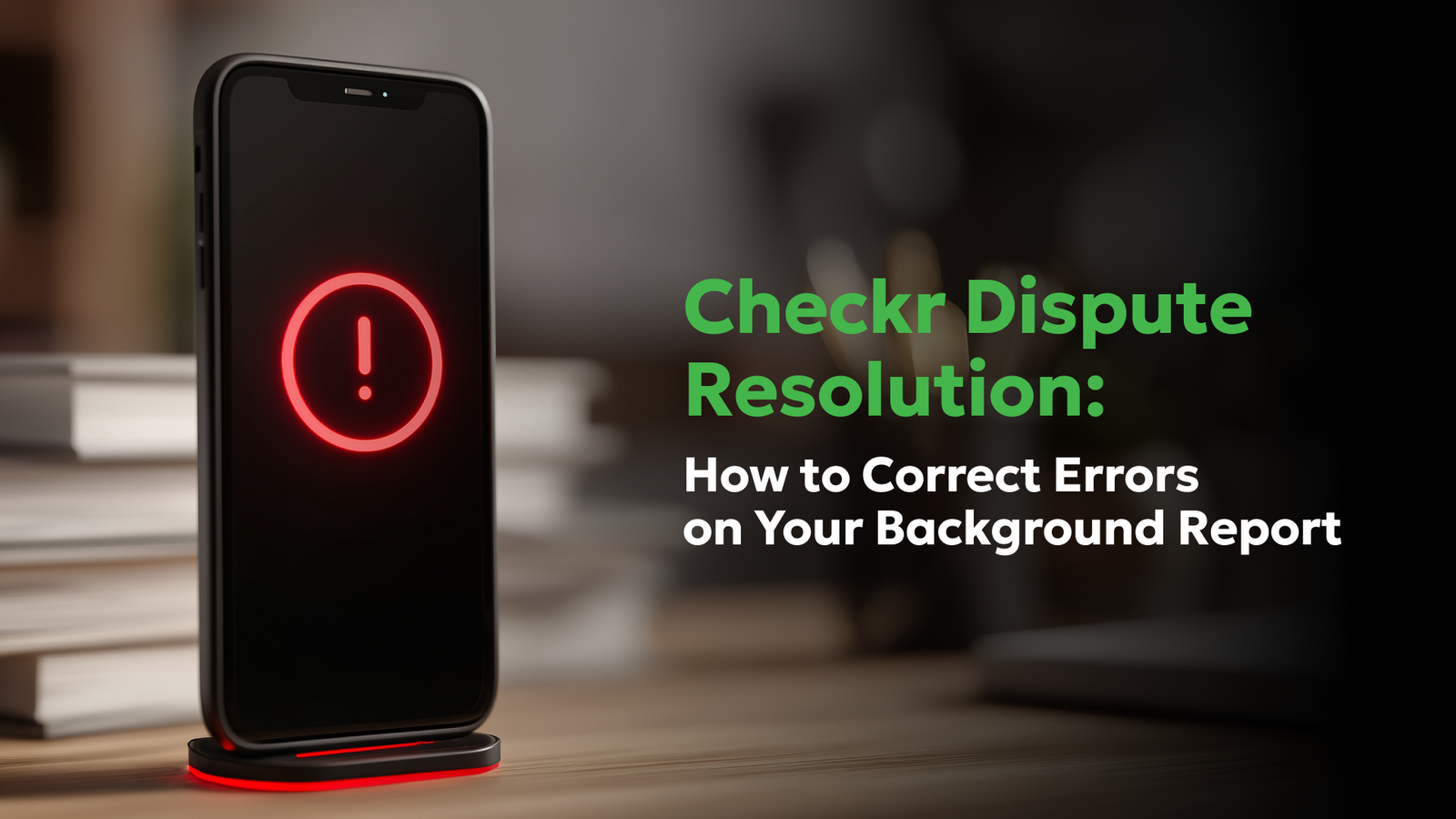How to Remove Hard Inquiries from a Credit Report
- Blog
- All about FCRA
How to Remove Hard Inquiries from a Credit Report

Too Many Hard Inquiries Can Lower Your Credit Score. Learn How Consumer Attorneys Can Help Fix AND Boost Your Score!
If you believe there are too many hard inquiries on your credit report, keep reading to discover how Consumer Attorneys can help you remove errors. This article lists the steps you can take to remove hard inquiries, how to address credit report inaccuracies, and how professional help can make the process smoother and more effective.
If you decide to open a new credit account, most likely the lender will need to “pull your credit” by making a “hard pull” or hard inquiry on your credit profile. This allows the lender to assess whether you are creditworthy before offering you a line of credit.
If you have multiple hard inquiries it can signal to creditors that you are seeking credit, which is often an unfavorable sign in the lending world. This is why, if there are inaccurate or old, hard inquiries on your credit profile, you should request their removal.
The following is a breakdown of how to remove hard inquiries on your credit report, who to contact, and how one of our credit report lawyers can assist you. Read on to learn more!
What are Credit Inquiries?
A credit inquiry is the act of requesting specific information in relation to a company or individual’s credit profile. This means if you would like to open a new credit account or make a major purchase, before lending you money, the lender would like to make an inquiry into your credit to learn your past credit history and behavior. Doing this allows lenders to determine if they would like to extend credit to you or not. Usually, this process requires a hard inquiry that causes your credit score to decrease. Soft inquiries do not cause your credit score to be affected in any way.
If you have questions regarding inquiries, you can get copies of all three of your credit reports for free online by visiting annualcreditreport.com. Be sure to review the reports and pinpoint all inquiries you’d like to have removed.
Soft Inquiries
Soft inquiries typically occur when you run checks on yourself, promotional requests from companies with whom you have dealt with before, insurance quotes, or any pre-approved offers not requiring a full view of your credit profile. They are on your credit report, but no score is given to it. Therefore, unlike hard inquiries, soft inquiries do not affect your credit scores in any way.
Examples of Soft Inquiries
- Insurance quotes
- Background checks by employers
- Credit card pre-approvals
- Checking your own credit score
Hard Inquiries
In contrast to soft inquiries, hard inquiries affect your score often causing your score to drop. The most common reason behind hard inquiries is when people apply for credit or loans. This includes credit card and loan applications, balance transfers, apartment or car lease applications, and more! Hard inquiries remain on your credit for 2 years and affect scores but generally not more than five to ten points.
Examples of Hard Inquiries
- Applying for a credit card
- An auto loan application
- Credit pulls for a mortgage loan
- Applying for a personal loan
How to Delete Hard Inquiries from Credit Report
When deleting hard inquiries, you will have to follow a strategic process that involves disputing the inquiries with each of the three consumer reporting agencies or “credit bureaus.” There are ways to dispute hard inquiries online, but we highly suggest doing so in writing and through certified mail. Continue reading to learn how our credit report lawyers can help you and the steps you need to take to dispute via mail.
Do I Have to Contact All Three Credit Bureaus?
Yes, you do have to contact each credit bureau to remove hard inquiries. You’ll need to dispute inaccurate hard inquiries with each credit bureau separately, including Equifax, Experian, and TransUnion. You have a right by law to dispute and have unverified information removed from your credit reports.
How to Remove Hard Inquiries from Credit Karma
Credit Karma is not a consumer reporting agency or “credit bureau” like Experian, Equifax, and TransUnion so you will not receive any hard inquiries from Credit Karma.
Credit Karma is described as a personal finance company offering consumers free credit report updates from TransUnion and Equifax. The specific credit scores are explained in detail, and you can dispute items directly within Credit Karma. They will submit disputes to the bureaus for you. But we suggest writing letters to each of the bureaus and disputing in writing instead of online or through a third party.
How to Remove Hard Inquiries from Experian
To dispute Experian hard inquiries, you can do so online by logging into your account, navigating to the corresponding hard inquiry report and then looking for something that is labeled “dispute.” Although this option is available, filing online typically requires you to waive important rights that will come in handy later.
How to Remove Hard Inquiries from Equifax
Equifax also has the option of initiating online disputes. There are usually “dispute” buttons beside the items you want to dispute. Again, we suggest certified mail because it gives you the option to create a document trail that will be useful later in the dispute or litigation process. If you need assistance removing hard inquiries from Equifax, consult with Consumer Attorneys for guidance and support.
How to Remove Hard Inquiries from TransUnion
At TransUnion, disputes must be in writing and can be made either by mail or through the TransUnion website dispute center. Complete and sign the form with your legal name, physical address, telephone number where you can be reached during the day, date of birth, and social security number. Provide concrete details for your reasons for disputing the information. Our recommended method for disputing with TransUnion is the same recommendation as previously stated – certified mail!
Disputing hard inquiries from TransUnion via certified mail allows you to avoid waiving important rights that are crucial later in the dispute process. Check out the chart below for contact information for the three credit agencies.
Disputing Wrongful Information on Your Credit Report
Disputing wrongful information on your credit report is typically the same for unauthorized hard inquiries as well as errors. The only real “difference” is in the initial step with regard to the legal burden of proof. For hard inquiries, the companies that ran the inquiry have to prove that the inquiry was authorized. If they can’t, they have to contact the consumer reporting agencies (credit bureaus) and request that the inquiry be removed from your credit report. If they don’t do this, you can dispute directly with the credit bureaus, informing them that the company that made the inquiry lacks proof of authorization.
Review the links above to learn how to remove inquiries with each of the three credit bureaus and check out the table below for additional information.
| Step | Disputing Errors | Removing Hard Inquiries |
|---|---|---|
| Review Credit Report | Obtain copies from Equifax, Experian, and TransUnion. | Obtain copies from Equifax, Experian, and TransUnion. |
| Identify Issues | Look for incorrect personal details, accounts, statuses, and balances. | Identify any unauthorized or inaccurate hard inquiries. |
| Gather Evidence | Collect documentation (e.g., account statements and letters from creditors) supporting your dispute. | Ask for proof of the hard inquiry. The company that made the inquiry has the burden of proving that it was authorized or they will have to request its removal.
|
| Submit Dispute | File a dispute with the credit bureaus by certified mail. Provide a detailed explanation and supporting docs. | Contact the creditor or company that initiated the inquiry. If unauthorized, file a dispute with the credit bureaus. |
| Wait for Investigation | Credit bureaus will typically take 30 days to investigate and respond to your claims. | Follow up with the creditor and then with the credit bureaus. |
| Review Results | The credit bureau is supposed to notify you of the outcome and update your report if the error is corrected. | Monitor your credit report to ensure unauthorized inquiries are removed. |
It is important to challenge hard credit inquiries since they can and often do harm your credit scores. It’s also important to continuously check your credit profile in order to dispute and remove hard inquiries that are in error in order to help prevent identity theft and fraud.
Frequently Asked Questions
While there is almost always no charge to delete legitimate hard inquiries from the credit report, you can challenge credit bureau errors for free. However, some credit repair companies may charge a fee to assist with the dispute process. The price varies but can range from $60 to $100+ per successful deletion. We suggest steering clear of credit repair agencies and instead contacting credit report lawyers for assistance. There are nuances in the rules and law when it pertains to removing errors and hard inquiries, so having the proper support during the process is critical for successfully removing the hard inquiries from your credit profile.
The quickest way to remove illegitimate hard inquiries is by sending dispute letters to the credit bureaus. Compose a letter outlining each inquiry, stating that it was made without your permission, and demand its removal. Provide copies of supporting materials along with the report. Send the letters through certified mail. The credit bureaus take about 30 days to investigate. However, even valid disputes can take more than 45 days to be resolved in certain circumstances. Every credit agency is different and what may take one credit bureau a few days may take another several weeks.
It takes time to prepare and send the letter. Additional time is spent for mail delivery which can take several days. After that, the credit bureau has 30 days to investigate. If the creditor complies, it usually takes 30-45 days after sending the dispute letters for the hard inquiries to be deleted, if at all. The credit bureaus have 30 days to investigate the disputes after receiving your letters. The entire process may take up to 45 days due to processing time in certain instances. Be sure to monitor all three credit reports after 45 days as updates may vary with each bureau.
If the hard inquiries are lawful and authorized, companies will not delete them as that would constitute an unlawful alteration of your credit report. They are mandated to confirm the approval for credit checks. If the consent was granted during a loan or credit application, they generally will not remove hard inquiries per reporting obligations. Unfortunately, the inquiries will usually remain for up to two years. After two years, the hard inquiries will “fall off” and no longer be listed on your credit reports. If you need additional information regarding removing hard inquiries, contact Consumer Attorneys for assistance!


Daniel Cohen is the Founder of Consumer Attorneys. Daniel manages the firm’s branding, marketing, client intake and business development efforts. Since 2017, he is a member of the National Association of Consumer Advocates and the National Consumer Law Center. Mr. Cohen is a nationally-recognized practitioner of consumer protection law. He has a we... Read more
Related Articles




R
ONGS™You pay nothing. The law makes them pay.







